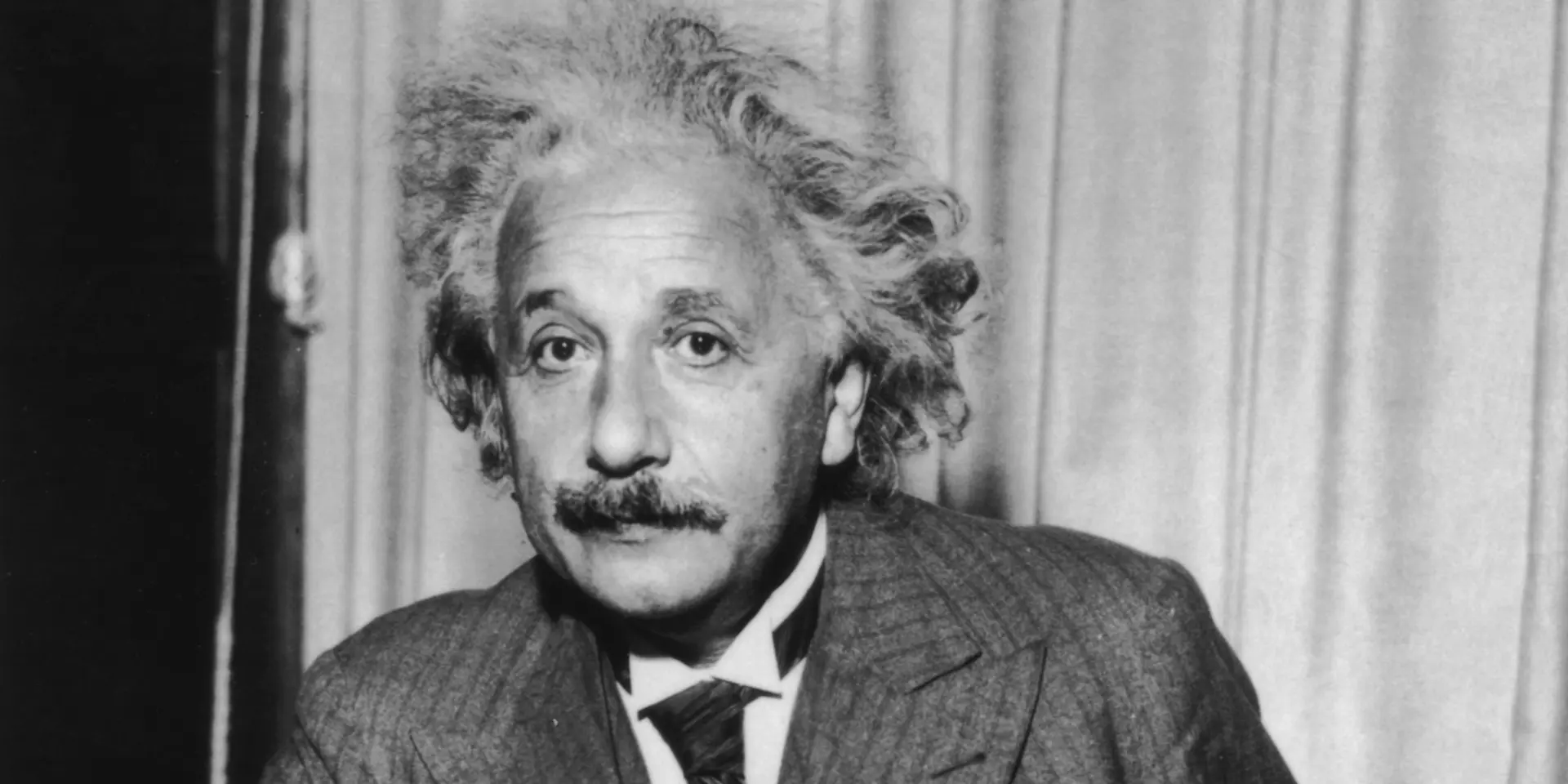Albert Einstein, born on March 14, 1879 in Ulm, Germany, is one of the most famous and influential scientists in history. His contributions to physics and mathematics have revolutionized our understanding of the universe and have left a lasting impact on modern science and technology.
Einstein’s early life was marked by a deep interest in science and mathematics. As a child, he developed a fascination for science and began to teach himself mathematics. He studied physics at the Swiss Federal Institute of Technology in Zurich, where he earned his Bachelor of Science degree in 1898.
Einstein’s contributions to science are numerous and groundbreaking. His most famous work, the Special Theory of Relativity, revolutionized our understanding of space, time, and energy. This theory stated that energy and mass are equivalent and can be transformed into one another. The theory also introduced the concept of the speed of light as a limiting factor in the universe, and it explained many previously unexplained phenomena in physics.
Einstein’s General Theory of Relativity, which he proposed in 1915, further extended the Special Theory of Relativity to include gravity. This theory stated that gravity is a result of the curvature of spacetime caused by the presence of mass. The theory explained many phenomena in the universe, such as the orbits of planets and the bending of light by massive objects. Einstein’s theories of relativity remain one of the most important achievements in physics today.
In addition to his work on relativity, Einstein made numerous contributions to other fields of physics and mathematics. He developed the photon theory of light, which stated that light is a stream of particles called photons. This theory explained many phenomena in optics and laid the foundation for quantum mechanics. Einstein also developed the statistical theory of Brownian motion, which explained how small particles are moved by the random motion of atoms. This theory has applications in many fields, including biology, chemistry, and material science.
Einstein’s contributions to science have been recognized throughout history. In 1921, he received the Nobel Prize in Physics for his work on the photoelectric effect, which is a phenomenon related to the interaction of light and matter. Einstein’s work has also been widely applied in technology, including nuclear energy, lasers, and communications systems.
Beyond his contributions to science, Einstein was also known for his humanist values and his opposition to military conflict and injustice. He was an outspoken critic of Adolf Hitler and Nazi Germany and was a supporter of Zionism, the movement to establish a Jewish state in Palestine. He also wrote about the importance of international cooperation and peace, and he was a proponent of nuclear disarmament.
Einstein’s legacy lives on today as one of the most important figures in the history of science. His contributions to physics and mathematics have revolutionized our understanding of the universe and have led to many advancements in technology. His theories of relativity remain cornerstones of modern physics, and his work continues to influence research and development in numerous fields.
In conclusion, Albert Einstein is one of the most famous and influential scientists in history. His contributions to physics and mathematics have revolutionized our understanding of the universe and have left a lasting impact on modern science and technology. His theories of relativity remain cornerstones of modern physics, and his work continues to influence research and development in numerous fields. Einstein’s legacy lives on today as one of the most important figures in the history of science.

Comments are closed